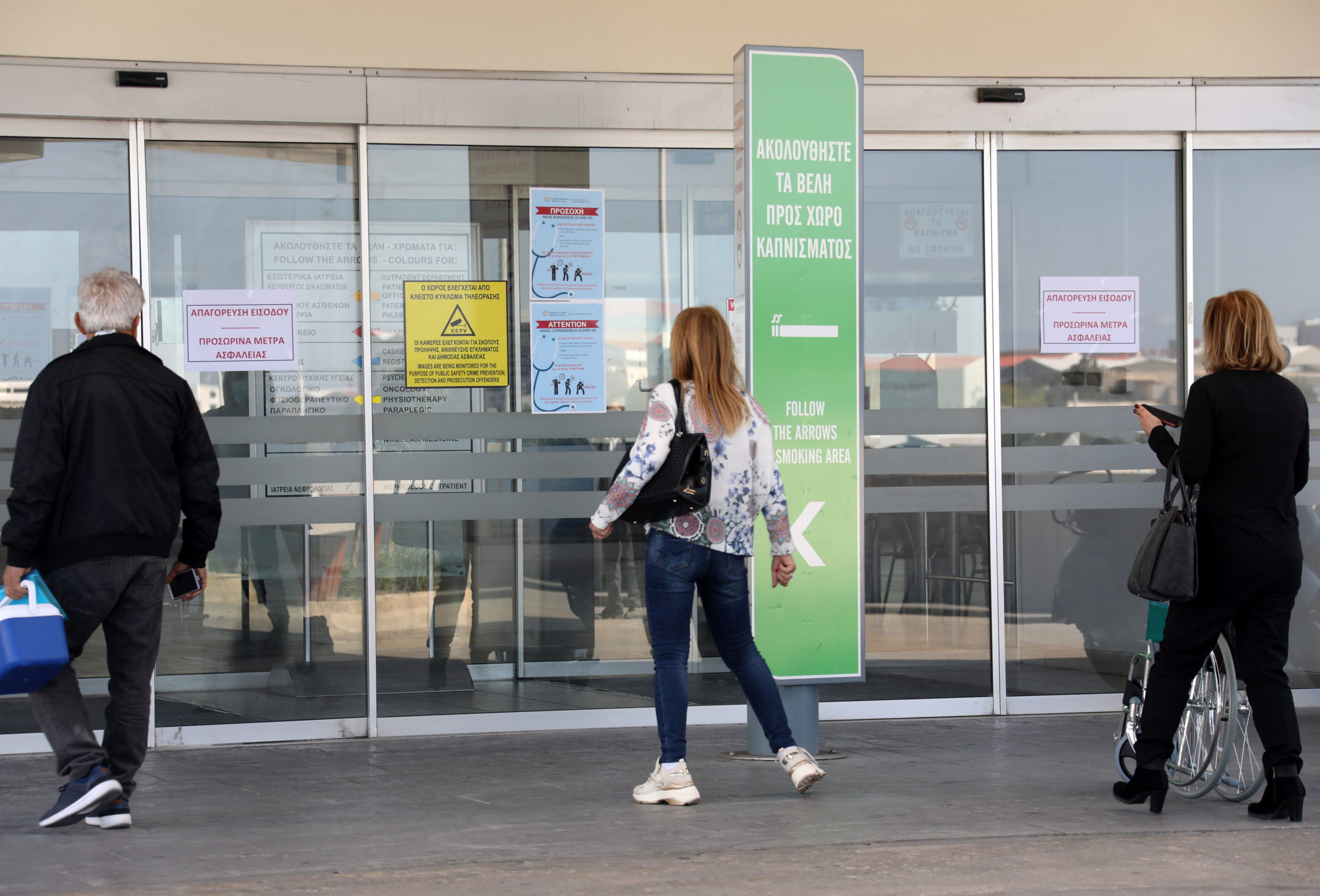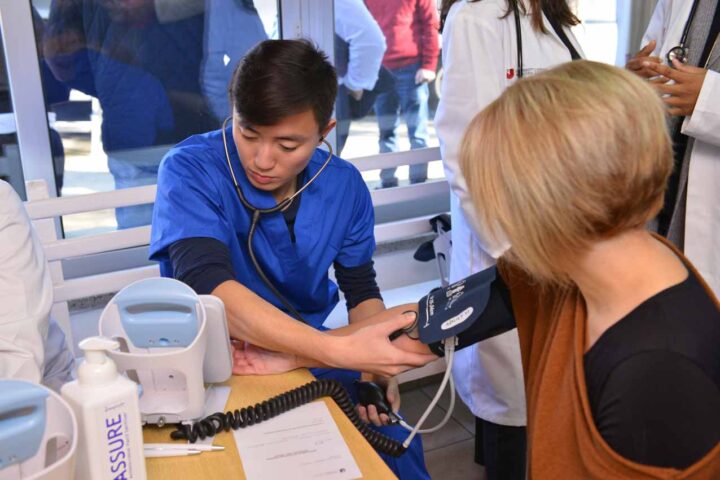Cyprus’ coronavirus outbreak has highlighted the importance of maintaining high-standard public hospitals, properly equipped to handle crises such as the COVID-19 pandemic, argues former health minister Stavros Malas.
“The state should draw its lessons from the pandemic and build up the capacity of public hospitals so that they are able to fulfil their role as the backbone of Cyprus’ health system,” said the geneticist.
In comments to the Financial Mirror, he acknowledged that public health institutions are not behind the majority in the European Union, however, once the crisis is over, Cyprus will have to arm its public hospitals with equipment and infrastructure if it wants to be in a position to handle future healthcare emergencies.
“People are now acknowledging the worth of public health institutions and public health workers.”
Even public figures who criticised health professionals for demanding the state upgrades infrastructure, equipment and protective gear for staff, are now exalting them for fighting against an invisible enemy without the appropriate armour,” said Malas.
“Once the crisis is over, Cyprus will need to rethink its policy regarding public hospitals and start investing more in infrastructure and equipment if we want to have a healthcare system capable of handling such crises”.
According to the latest Eurostat figures, Cyprus spent 6.8% of its 2016 budget on health, while the average was 9.9%.
Along with Greece, Cyprus is the only countries in the EU that actually spent less on healthcare compared to the previous survey in 2011.
Malas said that despite having one of the lowest budgets for healthcare, Cyprus offers better quality health services that many of its fellow EU member states.
He said that Cyprus offers one the best healthcare system not only in the EU but worldwide if one is to compare money spent to results yielded.
“Just look at the USA that spends 17.7% of its budget on healthcare and compare it to the services their citizens are receiving.”
As he argued, Cyprus is ranked quite high in world health indices.
Public hospitals’ capacity to treat a large number of people who need intensive care is not far behind the EU average.
On average, EU countries have 11.5 ICU beds for every 100,000 inhabitants, whereas Cyprus has 11.4.
“This being said, Cyprus hospitals will still have to up their game, with more infrastructure to cope with a future pandemic. I feel the need to stress that even after the current crisis ends, we will not have seen the last of the coronavirus, as the threat of it returning will linger for a long time yet to come”.
Malas explained that one of the reasons why the state will need to strengthen the public health sector is that, unlike other countries, our private health sector is relatively small and incapable of handling healthcare crisis like a pandemic.
Investment needed
“In order for public health institutions to become the real backbone of a robust healthcare system which will be able to cope with future health crises, the state will need to invest in them”.
He said the authorities need to protect health professionals as much as they can with protective gear and tests. He noted that health professionals should all be tested on a regular basis.
“However, the best way to protect them and society is to stay at home and give time to the health system to prepare and deal with the outbreak while being able to breathe.”
Malas, the state will need to ensure that people who do get sick are provided with the best care and treatment options available.
“This will mean investment in drugs and more ICUs. This also brings us back to the first point, protecting health workers so that they are able and available to carry out their task”.
The third line of defence, said Malas, is to take an aggressive stance, taking the fight to the virus, by conducting more tests within the community trying to identify and isolate new cases before they infect more people.
“This has to be done in a targeted way, having in mind that supplies of reagents for COVID-19 are not unlimited.”
Asked about whether speed tests could help to identify patients with coronavirus, Malas said that these tests detect antibodies not the genetic material of the virus.
“In other words, these tests can tell if someone has been sick not if they are at the moment of sampling.
These kinds of tests will be helpful at a later stage, following the outbreak, when we will need to know how many citizens have antibodies and can act as an immunity shield if the virus should reappear.”
He was pleased to see that most people are complying with decrees and instructions issued by the authorities and argued that people should be rewarded rather than waving the finger at them and warning them that tougher measures may follow.
“Any talk about relaxing measures will only lead to the virus spreading again, causing more problems and prolonging the crisis which is taking its toll on our daily lives and the economy.”
Malas said that as things stand, we are already looking at one of the world’s biggest economic crisis. He noted that to overcome the consequences of the crisis, which is not brought on by bad management or bad fiscal policies, but by a pandemic, international bodies such as the EU and its institutions will need to exhibit solidarity.
He argued that the Union itself will have to rethink how it is treating its member states which find themselves in financial straits and relax fiscal policies, giving priority to health matters exhibiting solidarity.










